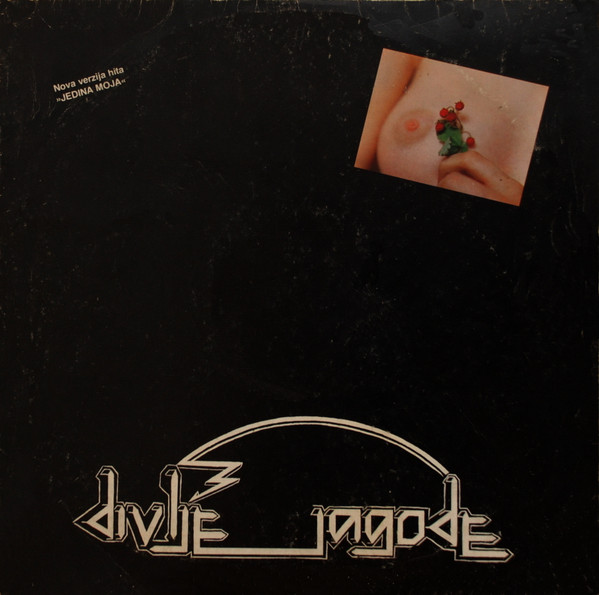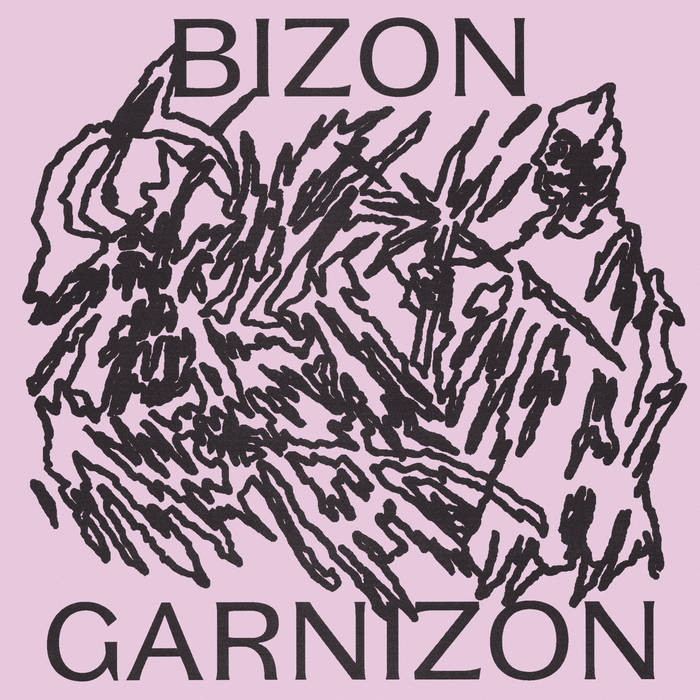Divlje Jagode’s self-titled debut is a hard rock record that sits somewhere between youthful enthusiasm and unpolished craftsmanship. Formed in Sarajevo in 1977 by guitarist Sead Lipovača, vocalist Anto “Toni” Janković, bassist Nihad Jusufhodžić, drummer Adonis Dokuzović, and keyboardist Mustafa “Muc” Ismailovski, Divlje Jagode (“Wild Strawberries,” named after the Ingmar Bergman film) quickly became one of the loudest forces in Yugoslav rock.
Signed to Jugoton, the band arrived at the tail end of the decade with an album that mixed bluesy riffs, pop-rock sensibilities, and flashes of hard rock power. It didn’t yet define them — that would come later — but Divlje Jagode showed the spark of a band that would go on to become one of Yugoslavia’s most enduring heavy rock acts.
The title track, Divlje Jagode, opens with swagger — a Deep Purple–inspired groove carried by Lipovača’s sharp guitar lines and Ismailovski’s spacey keys. Lyrically, the track offers little — Janković mostly repeats the band’s name for the 5+ minute runtime. Still, the guitar solos shimmer, the rhythm section keeps things steady as you’re dropped into a smoky Sarajevo rehearsal room.
The title track, Divlje Jagode, opens with swagger — a Deep Purple-inspired groove carried by Lipovača’s sharp guitar lines and Ismailovski’s spacey keys. Lyrically, the track offers little — Janković mostly repeats the band’s name for the 5+ minute runtime. Still, the guitar solos shimmer, the rhythm section keeps things steady as you’re dropped into a smoky Sarajevo rehearsal room.
Krivo je More slows the pace — a melancholic soft rock ballad built around acoustic guitar and light synth textures. It’s a familiar late-’70s love lament, full of longing and resignation — pleasant, if not particularly daring. Mojoj Ljubavi treads similar ground: polished, sentimental, but missing the bite of the band’s harder moments.
Then there’s Jedina Moja, perhaps the album’s standout moment. Opening with folk-like acoustic guitar before bursting into a gentle wave of electric melodies, it flirts with early prog rock textures and feels almost cinematic. The vocals — earnest but uneven — don’t always land, but Lipovača’s guitar carries the song beautifully. It’s easy to hear why this became one of the band’s earliest fan favorites.
Side B leans more strongly into hard rock territory, though not always convincingly. Želim Da Te Imam borrows from Led Zeppelin IV’s playbook, building around a familiar structure before giving way to a strong guitar solo — another reminder of how much Lipovača carries this album on his back.
Vodarica dips into Bijelo Dugme’s pastoral “shepherd rock,” mixing blues licks with playful keys, while Sjećanja closes things on a more atmospheric note. The keyboard work adds a misty, reflective texture — one of the few moments where the band hint at something deeper beneath the surface gloss, even if not fully realised.
Listening today, Divlje Jagode feels like a promising debut from a band still figuring out who they were. The songwriting is often predictable, the vocals inconsistent, but the riffs carry an infectious drive that hints at better things to come. It’s not as biting as Riblja Čorba nor as inventive as Bijelo Dugme, but it occupies its own space — an early, accessible sketch of Yugoslav hard rock just before the ’80s explosion.


